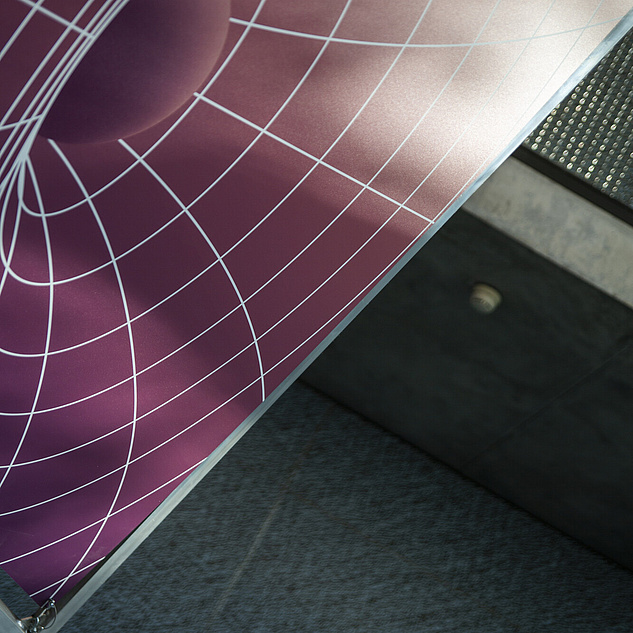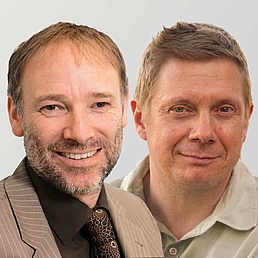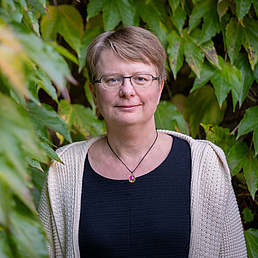Research projects by funding organisations and funding areas

Research projects by funding organisations and funding areas
Research information system
More than 10,000 projects, researchers and cooperation partners of Humboldt-Universität zu Berlin can be researched in the Research Information System (FIS). Get an overview and immerse yourself in the scientific activities at our university.

Research information system
More than 10,000 projects, researchers and cooperation partners of Humboldt-Universität zu Berlin can be researched in the Research Information System (FIS). Get an overview and immerse yourself in the scientific activities at our university.
Cluster of Excellence
Clusters of Excellence are large, interdisciplinary research alliances that work on innovative topics at the highest level. Across all disciplines, Humboldt-Universität is working with three other Berlin universities as a network on the major transformations of our time. As part of the Excellence Strategy of the federal and state governments, the BUA 2025 has acquired five Clusters of Excellence.

Cluster of Excellence
Clusters of Excellence are large, interdisciplinary research alliances that work on innovative topics at the highest level. Across all disciplines, Humboldt-Universität is working with three other Berlin universities as a network on the major transformations of our time. As part of the Excellence Strategy of the federal and state governments, the BUA 2025 has acquired five Clusters of Excellence.








